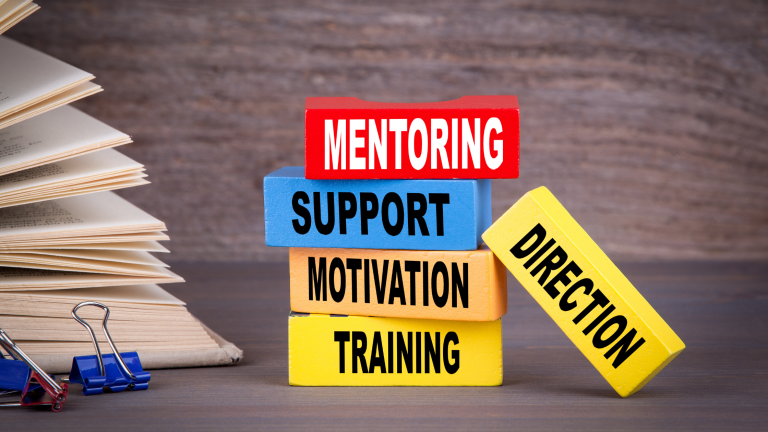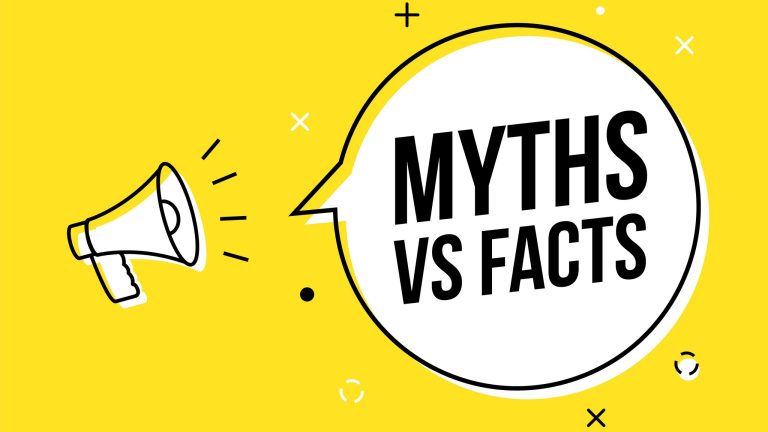In today’s fast-paced world, the self-improvement industry is booming like never before. With an array of books, audiobooks, apps, and courses promising to transform lives, it’s easy to get swept in the allure of personal development. However, behind the glossy covers and enticing promises lie some startling statistics and important questions that need to be addressed.
Let’s start with the numbers. The self-improvement audiobook industry alone boasts a staggering worth of $779 million, while individuals in the US are reportedly spending an average of $155 on self-improvement apps. These figures only scratch the surface of a market that reached an all-time high of $13.2 billion in 2022, with an average growth rate of 5.6% per year.
Yet, amidst this apparent thirst for self-improvement, there are concerning trends that cannot be ignored. Reports indicate a global rise in unhappiness, with Gallup’s Global Emotions Report showing a steady increase in negative experiences index scores since 2006. The mental, physical, and economic strains of the recent pandemic have only exacerbated these feelings, leading to a 25% increase in anxiety and depression worldwide in 2020.
In such turbulent times, it’s understandable that people are seeking guidance and solutions to navigate life’s challenges. However, the efficacy of the self-help industry comes into question when we consider the lack of regulation and oversight. Who determines the validity of the advice dispensed by self-proclaimed ‘experts’? Where is the line drawn between helpful guidance and exploitative marketing tactics?
It’s crucial to recognize that not all self-help is created equal. While embarking on a journey of self-improvement rooted in genuine personal growth can be enriching, there’s a risk of falling prey to superficial solutions driven by societal pressures and consumer culture. The pursuit of self-improvement should not stem from a sense of inadequacy or a desire to conform to external ideals.
Before investing significant time and money into self-help programs or courses, it’s essential to exercise discernment and critical thinking. Ask yourself whether the promises made align with your values and goals, or if they simply offer a quick fix to deeper issues. Remember that true personal development is a lifelong journey that requires introspection, resilience, and authenticity.
So, the next time you’re tempted to splurge on a pricey life coaching diploma or the latest self-help bestseller, pause and reflect. Is this investment truly worth it, or are you being sold an illusion of transformation? By approaching the self-help industry with a discerning eye and a commitment to genuine growth, you can navigate its pitfalls and chart a course towards a more fulfilling life.
About High Potential Career Planning:
An initiative of ACH, High Potential Career Planning (HPCP) is established with a mission to mentor professionals in their search for career development and growth. We provide personalized mentorship programs, which can help individuals have a fulfilling career.





